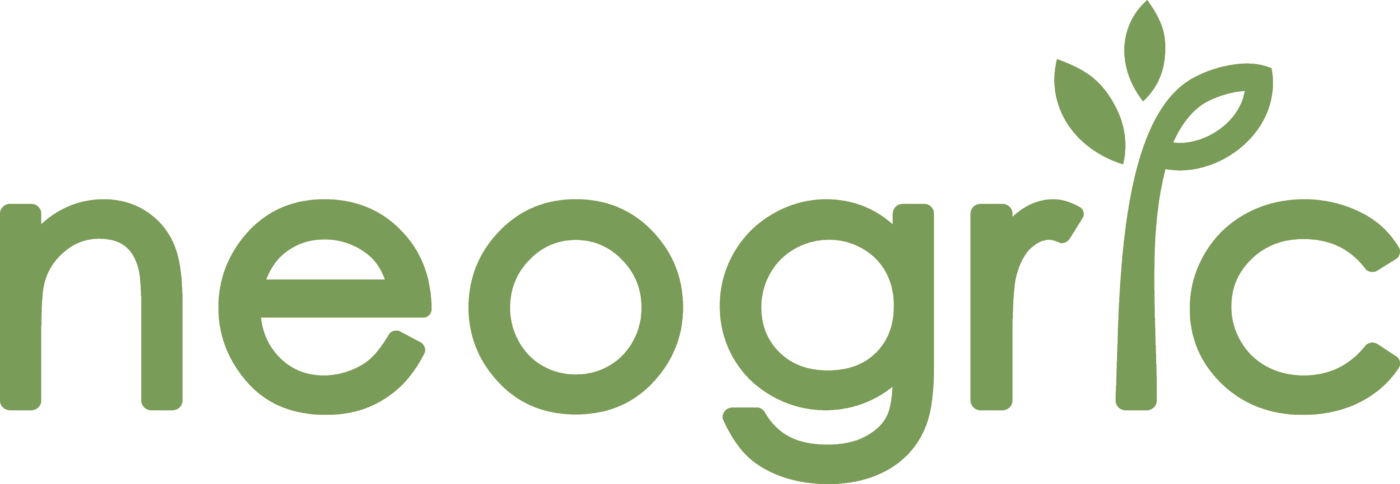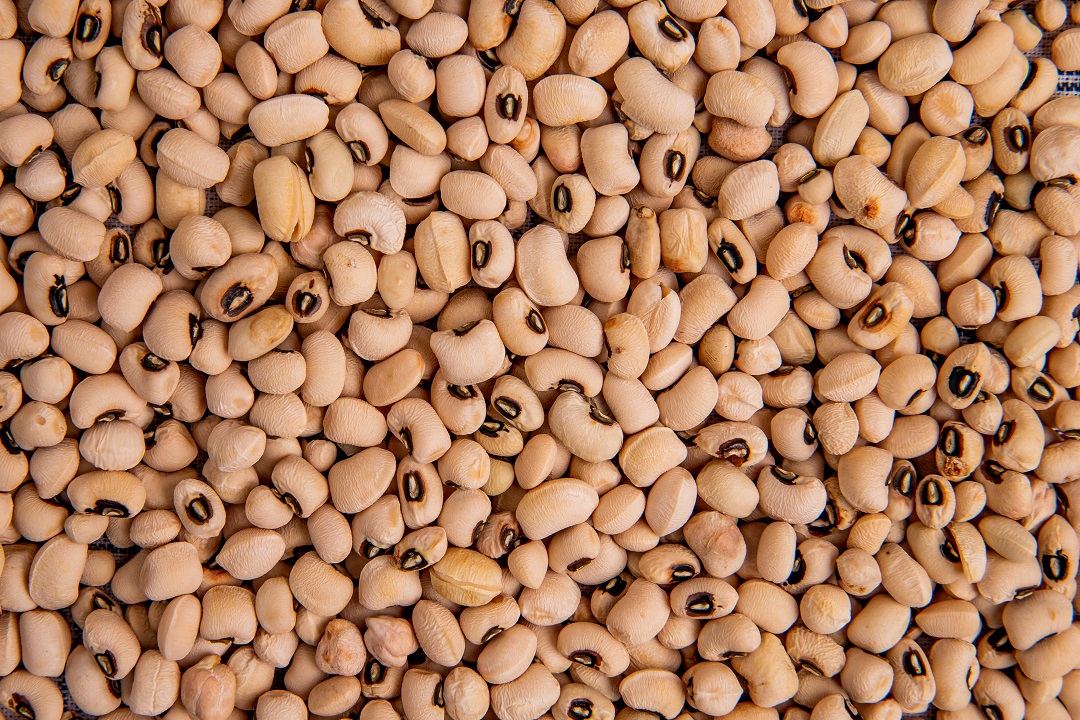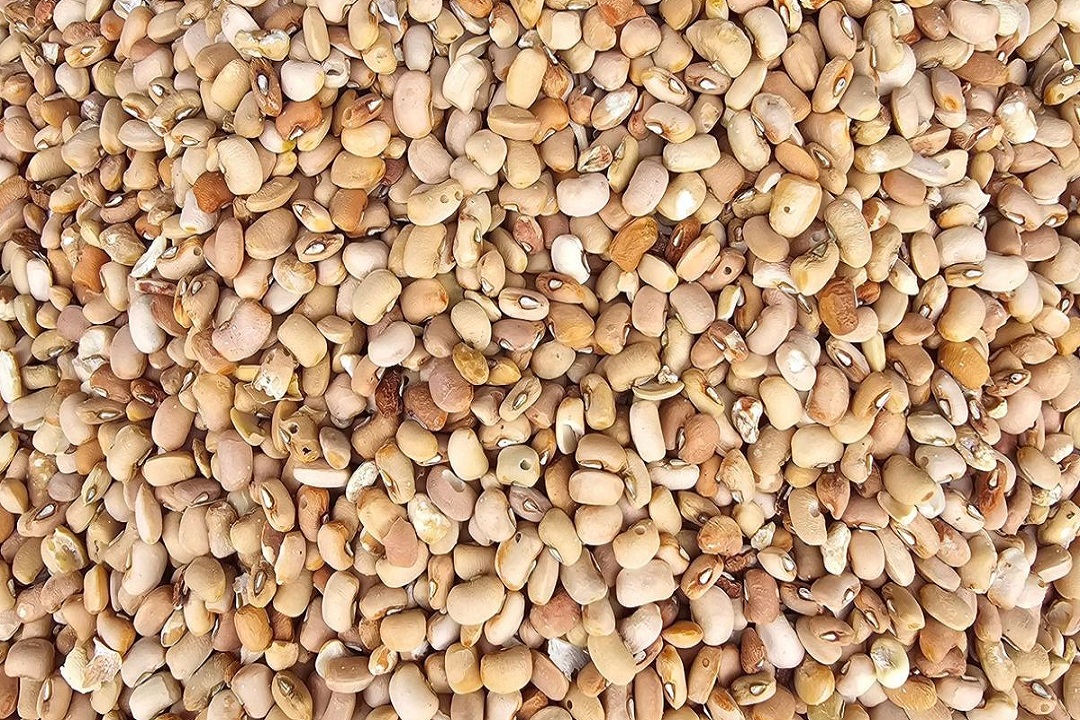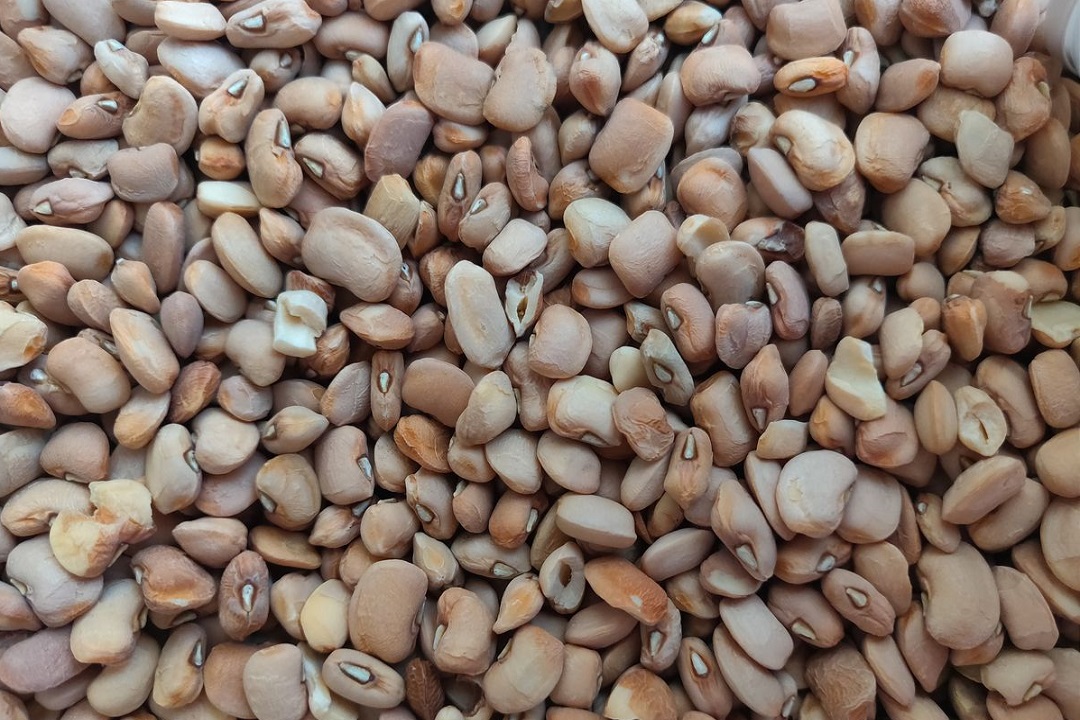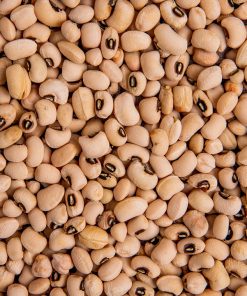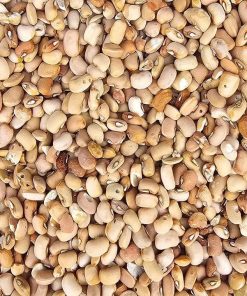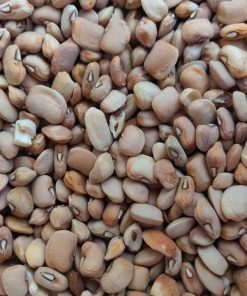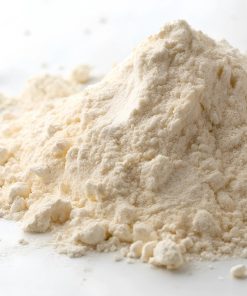What is Honey Beans (Oloyin)? Why Buy It?
Honey Beans (Oloyin) is a unique variety of cowpea (Vigna unguiculata) widely consumed in West Africa, particularly in Nigeria. The name “Oloyin” is derived from the Yoruba language, meaning “honey,” which refers to its naturally sweet taste. Unlike other bean varieties, Honey Beans (Oloyin) have a distinct reddish-brown color, smooth texture, and a mildly sweet flavor, making them a preferred choice for both traditional and modern dishes.
Nutritionally, Honey Beans (Oloyin) is an excellent source of protein, dietary fiber, and essential minerals such as iron, calcium, magnesium, and potassium. It is particularly beneficial for individuals seeking plant-based protein options, making it a staple for vegetarians and vegans. The presence of complex carbohydrates provides sustained energy, while its high fiber content promotes digestive health.
Economically, Honey Beans (Oloyin) is an important cash crop in West Africa. The growing global demand for nutrient-dense legumes and natural food sources has led to increased interest in Honey Beans (Oloyin) beyond its traditional markets. As consumers become more health-conscious, the demand for naturally sweet, non-GMO, and organic food items continues to rise, further driving the market for this legume.
Applications/Uses of Honey Beans (Oloyin)
Honey Beans (Oloyin) is a versatile ingredient used in various culinary and industrial applications. Below are its primary uses:
Food Industry
Traditional Dishes
- Honey Beans (Oloyin) is a staple in many West African cuisines, often cooked as porridge beans, stews, and soups.
- It is commonly used in dishes such as “Ewa Riro” (stewed beans) and “Moin Moin” (bean pudding), providing a delicious and nutritious meal.
Flour Production
- Ground Honey Beans (Oloyin) can be processed into bean flour, which is used to prepare various delicacies like Akara (bean cakes) and pancake mixes.
- Bean flour is gaining popularity as a gluten-free alternative in baking and cooking.
Snacks and Ready-to-Eat Meals
- Roasted Honey Beans (Oloyin) can be consumed as a crunchy snack.
- Some manufacturers produce packaged instant Honey Beans (Oloyin) meals for convenience, catering to the fast-paced lifestyles of modern consumers.
Animal Feed Industry
Livestock Feed
- The byproducts from Honey Beans (Oloyin) processing, such as bean husks and residue, are used as feed for livestock and poultry due to their high protein content.
Pharmaceutical and Nutraceutical Industry
Health Supplements
- Honey Beans (Oloyin) is rich in plant-based proteins and essential amino acids, making it a valuable component in nutritional supplements.
- It is incorporated into weight management and diabetic-friendly food products due to its low glycemic index and high fiber content.
Cosmetic and Skincare Industry
Skin Care Formulations
Extracts from Honey Beans (Oloyin) are used in cosmetic products for their antioxidant and skin-nourishing properties.
Top Producing/Exporting Countries of Honey Beans (Oloyin)
The production of Honey Beans (Oloyin) is concentrated in regions with warm climates and suitable soil conditions. The leading producers and exporters include:
Nigeria
- Nigeria is the largest producer of Honey Beans (Oloyin), with major production regions in the northern states such as Kano, Kaduna, Niger, and Borno.
- The country exports Honey Beans (Oloyin) to neighboring West African countries and beyond, with increasing demand in Europe and North America.
Niger
- Niger is another significant producer of Honey Beans (Oloyin), with a strong export market in West Africa.
- The country benefits from favorable climatic conditions and traditional farming practices.
Burkina Faso
- Burkina Faso produces high-quality Honey Beans (Oloyin) that are exported to regional markets.
- Farmers in Burkina Faso benefit from government initiatives promoting legume cultivation.
Benin
- Benin is known for its commercial-scale cultivation of Honey Beans (Oloyin) and exports a significant portion of its production to Nigeria and other West African nations.
Ghana
- Ghana produces Honey Beans (Oloyin) primarily for local consumption, but the export market is expanding due to growing demand in international markets.
Top Importing Countries of Honey Beans (Oloyin)
Several countries import Honey Beans (Oloyin) to meet domestic consumption and processing needs. The top importers include:
United States
- The U.S. imports Honey Beans (Oloyin) primarily for ethnic markets, including African and Caribbean communities.
- Health-conscious consumers in the U.S. are also driving demand for plant-based protein sources.
United Kingdom
- The UK has a significant West African diaspora population, leading to high demand for Honey Beans (Oloyin) in supermarkets and specialty stores.
Canada
- Canadian consumers, particularly within African communities, rely on imports of Honey Beans (Oloyin) for traditional cuisine.
- The rise of plant-based diets has contributed to increasing demand.
Netherlands
- The Netherlands serves as a major hub for agricultural imports in Europe and re-exports Honey Beans (Oloyin) to other EU countries.
United Arab Emirates (UAE)
- The UAE has a growing market for ethnic and organic food products, making it a key importer of Honey Beans (Oloyin).
China
- China has shown interest in Honey Beans (Oloyin) due to its nutritional benefits and potential for use in plant-based food products.
International Price of Honey Beans (Oloyin) Per MT
The unit price ($ per MT) of Honey Beans (Oloyin) in the international market depends on a host of different factors including:
- The grade of the produce (usually the more the processing, the higher the price)
- The price of the raw material
- Age of the seeds (this can affect the price)
- Production levels in producing countries
- Economic conditions and the exchange rates between the currencies of the producing and importing countries.
- The quantity ordered (the greater the quantity, the cheaper you can get it per ton)
- Harvest season (it is more costly when it is out of harvest season).
- Weather conditions (some commodities are sensitive to weather conditions).
- Freight & haulage cost
- Percentage of markup
- Import duties, trade tariffs and trade agreements between countries
- Distance from the country of origin
- Technology/Infrastructure available in country of origin
- Relationship between the buyer and seller
That said, as at March 2025, Honey Beans (Oloyin) costs between $1500 and $6500 Per MT in the international market.
How To Safely Source for Your Honey Beans (Oloyin) Produce
If you find the right export company, buying directly from them can make the purchase process easy and stress-free, when compared with doing the sourcing on your own. That said, there are few things to note when dealing with an export company in Nigeria or Africa. The specific requirements for Nigeria are listed below, but they mostly apply to other African countries:
- The exporting company must be registered with the Corporate Affairs Commission (CAC) to make sure the company is registered and permitted to carry out business
- The export company must also be registered with the Nigerian Export Promotion Council (NEPC).
- The company must possess a domiciliary account to accept international
The company should get all necessary export-related documentation done before the shipment leaves the port of origin. Some of the documents are:
- Certificate of origin
- Bill of lading
- Inspection Certificate (SGS, Cotecna, Bureau Veritas, Intertek, etc)
- Phytosanitary certificate
- Fumigation certificate
Where To Find Reliable Exporters
An important question that still needs to be answered is how to find Honey Beans (Oloyin) exporters in Nigeria. You can use any of the methods listed below:
- Attend trade fairs
- Use search engines like Google, Yahoo,
- Search for agents on Linkedln
- Sign up on trade platforms (e.g. Alibaba, Tradeford, Go4WorldBusiness)
- Neogric – Neogric is one of the reliable Honey Beans (Oloyin) exporters in Neogric is rated among the best in the exporting business in Nigeria. The company is not limited to the exportation of Honey Beans (Oloyin) alone but can export other agricultural produce ranging from perishables to dry seeds.
How To Pay For Your Honey Beans (Oloyin) Produce
You can pay for Honey Beans (Oloyin) using different methods, but three of the popular ways of paying for your agric produce are:
- Bank (T/T) Payment
- Advance Payment
- Letter of Credit (LC)
Bank Payment (T/T)
Bank payment is also known as T/T, “Telegraphic Transfer” or “Telex Transfer” In other words, it is an international wire of funds from the buyer’s bank to the seller’s bank.
A T/T is technically not the same as a wire transfer, which is often done through the SWIFT network. However, when a seller or supplier asks for a T/T payment, a wire transfer is what they are really asking for.
The wire transfer based on the SWIFT system is the most common payment method in international trade. Typically, it takes 1-5 working days to clear, and generally costs between 25 and 50 USD, depending on your agreement with the commercial department in your bank.
Advance Payment
There are sellers that will demand anywhere from 30% to 50% advance payment, and for good reason. If both parties have done deals in the past, sellers can ask for a percentage of the sales (about 30%) before they ship the produce and they can request for the remaining amount after a scanned copy of the Bill of Lading has been sent to the buyer.
It is the safest option for exporters and it also guarantees that they will have some funds to help with sourcing. It is popular among manufacturers on B2B marketplaces like Alibaba and also with commodity traders.
However, advance payment carries considerable risk for the importer (buyer) because the exporter (seller) might not be under as much pressure to ensure quality checks compared with a stricter form of payment. Some might even disappear entirely.
Having said that, advance payment is very useful and is widely used. For instance, the seller might need to secure the commodity in the face of increased competition. It can also be used when the exporter needs some money for sourcing the produce or for processing raw materials.
The most important thing is for both importer and exporter to build mutual trust by having a track record of successful deals with each other or other known companies.
Letter of Credit
Letter of Credit is an agreement generated by the bank of the buyer, guaranteeing payment once certain conditions are met. It is one of the safest types of payment available to both buyer and seller.
Some of the types of Letter of credit are:
- Commercial Letter of Credit,
- Sight Letter of Credit
- Transferrable or Non-Transferable Letter of Credit
- Standby Letter of Credit (SBLC)
- Usance or Deferred Payment Letter of Credit
- Revocable or Irrevocable Letter of Credit
- Confirmed or Unconfirmed Letter of Credit
- Revolving Letter of Credit
- Green Clause Letter of Credit
- Red Clause Letter of Credit
L/Cs are not totally safe (for either buyer or seller) too. For instance, sellers can ship substandard products or those that are different from the ones agreed upon. In this case, the seller gets paid and the buyer receives goods he cannot use.
And speaking of the dangers of L/Cs for the exporter, the conditions in the Letter of credit might be practically impossible to fulfil; if an exporter agrees to such, he might be unable to
receive payment. A report stated that of the letters of credit received in the UK, 50% are unworkable while 70% are rejected by the banks for payment.
Shipping & Delivery Terms
When shipping your products, it is important to take note of a few factors:
Order Quantity
For smaller shipments, airfreight is often the preferred option but as the order volume increases, sea freight could become significantly cheaper. Usually when the order is close to a full container load (20 ft), sea freight is used. Although the Covid-19 pandemic caused an increase in cost of delivery of products, prices have stabilised.
Cost of Delivery
When the order is of a large volume, sea freight often turns out cheaper than air freight. In fact, air freight could be up to 6 times more costly than sea freight if the volume is large enough.
Time of Delivery
Sometimes, time will be more important to the buyer than the cost of delivering the product. In this case, air freight will be the logical option (as stated above, the cost will be more). But if you have more time as a buyer, you should strongly consider using sea freight.
Incoterms
Incoterms refer to generally accepted shipping and payments terms. For example, buyers that have representatives in the source country or that can negotiate with the freight company can use the Free of Board (FOB) terms, since it gives them more control and can save them some money.
However, if the shipment is small or the buyer doesn’t have an extensive network to effectively handle payment for freight, insurance and port charges, he will be better off choosing the Cost-Insurance-Freight (CIF) payment option.
Neogric: Top Exporters and Suppliers of Honey Beans (Oloyin)
We invite you to place your order for high-quality Honey Beans (Oloyin) with us at Neogric. We are a trusted global commodity sourcing and trade solution provider with deep expertise in the Honey Beans (Oloyin) industry. Whether you’re a small business or a large corporation, our wide range of products and technology powered, end-to-end supply chain make the export of quality Honey Beans (Oloyin) easy, quick and safe. Whichever region of the world you are, be it Europe, Asia, USA, Canada, Other North/Central American countries, Africa, South America or Oceania, you can reliably order your agricultural produce and we will ensure it is successfully delivered to you, on time.
Why Buy Honey Beans (Oloyin) From Neogric?
Choosing Neogric as your Honey Beans (Oloyin) supplier offers several advantages:
- Quality Assurance: We maintain strict quality control standards, ensuring our Honey Beans (Oloyin) and other products are of the highest quality.
- Wide Product Range: We offer a diverse selection of products, catering to various
- Reliable Supply Chain: Our efficient technology-powered end-to-end supply chain ensures timely delivery of your orders.
- Expertise and Support: Our team of experts provides valuable insights and support, making your purchasing process smooth and hassle-free.
Our Honey Beans (Oloyin) Trade Specifications
- Origin: Nigeria
- Product Name: Honey Beans (Oloyin)
- Physical Specification: Based On Buyer’s Specification
- Quantity: Based On Buyer’s Specification
- MOQ: 10 Metric Tonnes
- Trade Process: Ex Works/FOB/CIF
- Admixture/Impurities: Based On Buyer’s Specification
- Inspection: SGS/Cotecna/Intertek/Bureau Veritas
- Packaging: Based On Buyer’s Specification
- Payment Method: TT (Bank Transfer) or L/C
- Shipping Time: 15 to 25 Days After Confirmation of TT or L/C
- Loading Port: Lagos (Nigeria), Abidjan (Cote D’ivoire) or Tema (Ghana)
Expected Shipping Documents
- Bill of Lading
- Certificate of Origin
- SGS Inspection Certificate
- Phytosanitary Certificate
- Fumigation Certificate
- Commercial Invoice
- Packing List
Place Your Honey Beans (Oloyin) Order With Neogric
Contact us today to place your order for high-quality Honey Beans (Oloyin). Our team is ready to assist you with all your procurement needs.
- Tel: +2348147860157
- Email: neo@neogric.com
- WhatsApp: Chat With Us
